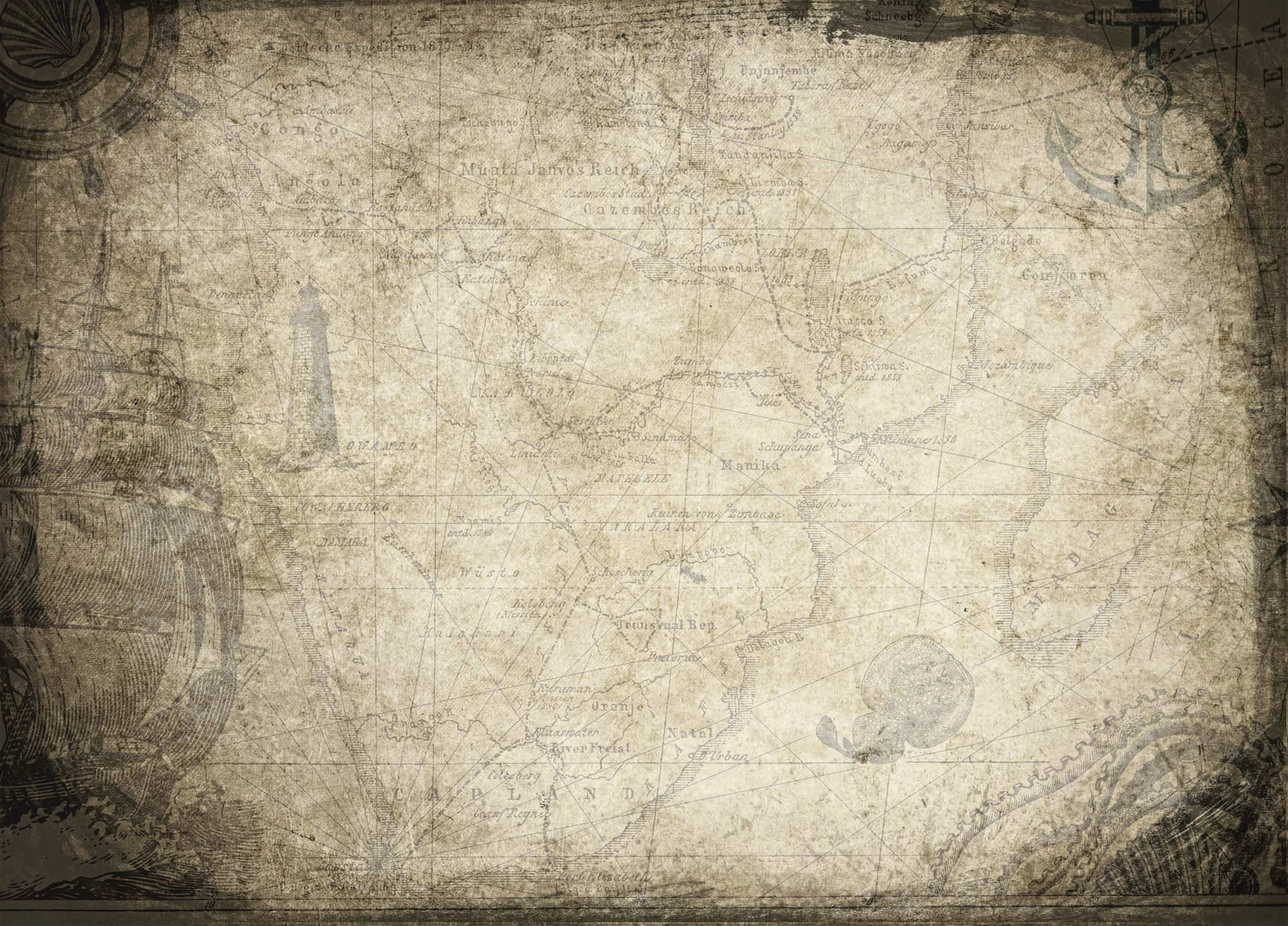From an inheritance to vested stock options, you have to have a plan for what to do with a windfall of money before you get it in your hands.
A while back, I wrote a post about what to do first when you get an unexpected windfall.
I’ll let you read the post, but one of the big takeaways is that you need time to sit with your changing circumstance, preferably on the order of months. Because more than just your amount of money has changed. Your whole life situation could be different.
But what about the windfall that you know is coming? How do you handle that?
This isn’t an idle thought. We’re in the middle of the greatest wealth transfer in history right now, valued at $30 trillion dollars, as the boomers retire and pass on what they haven’t spent to their heirs and beneficiaries.
And not only that, those who are holding on to jobs, especially those in the tech industry, may be getting some serious bonuses in the form of vesting stock options or liquidity events.
So big money may be coming your way. What are you going to do?
Read on for a plan that will help you make the best possible decisions with your money.

Table of Contents
Don’t do nothing
You might be surprised that, despite what I wrote above, I’m suggesting that you not just “sit” with your windfall here.
And that’s because once that money hits your bank account, you will find yourself in a risky situation. Money, if not tended to, can vanish, evaporate, disappear.
That’s not anything you want to have happen to you.
Start dreaming
Dreaming, when it comes to financial matters, is so important, and so rarely done. We get so wrapped up in what’s right in front of us that we don’t stop to look at the bigger picture.
So take some time to think about all of the different ways that you could spend this money. Don’t focus on amounts right now; just brainstorm some ideas. Where could this money go?
The list is infinite, but here are just a few ideas:
- Pay down mortgage
- Pay off credit cards
- Buy a car
- Buy a home
- Remodel a home
- Contribute to a retirement account
- Build an emergency fund
- Donate to charity
- Travel somewhere
- Buy a trip for someone else
- Go skydiving
- Go SCUBA diving
- Go cave diving
Notice that the items on this (admittedly short) list are not all “sensible”. And that’s important. Don’t make all of the items on your dream list sensible. You need some fun in your dreams too.
Narrow down your list
Are there dreams on this list that are bubbling to the top for you? What feels both most important? What feels most urgent? (Recall that important and urgent aren’t the same thing.)
There’s no optimal number of things, but I can’t imagine that coming up with 25 different targets for your windfall is going to make much sense.
Make a pie
(No, I don’t have pastries on the brain. 🥧)
You have a fixed amount of money. Think of it like a pie. You’re going to want to divide this pie up into the targets you’ve determined above.
Here’s an example of a $50,000 pie. It’s been divided into five targets:
- Emergency fund ($20,000)
- Student loans ($15,000)
- Credit card ($7,000)
- Travel to Belize ($6,000)
- SCUBA gear ($2,000)

Note the important part: the pie is fully divided. There should be no piece of pie left over. Remember: money that’s not allocated will vanish!
Kind of like a pie, now that I think of it.
Don’t wait
Don’t wait to start figuring all this out until the money shows up. That’s a bad plan. The scariest thing to me is seeing someone with $50,000 dollars just sitting around in their checking account, unallocated. (And don’t call it “float” either! That’s too much.)
You want to have your plan completely figured out in advance of receiving the money.
Execute the plan
Once you have the money, with your plan in hand, you can simply execute.
Move money into savings accounts. Make payments. Send money to your parents or children or whoever you allocated it to. Get it done!
Having a plan will prevent any uncertainty that might arise from having a large amount of money from creeping in. Don’t think now, just act!
Feel blessed
A windfall of any sort can be a blessing. But I recognize that it can be not without emotional challenge, especially if it involves the passing of a loved one.
That is all the more reason to honor the benefactor by being a wise steward of this money.
But no matter where the money came from, you owe it to yourself to use it to your greatest advantage, to help you reach some of your financial goals. And maybe also go SCUBA diving.
It’s not easy to figure out how to allocate a large sum of money. This can especially be true if you have a partner who has some strong feelings about your potential actions.
You can always reach out to me with your questions on how to allocate your money. We can come up with a plan together.


